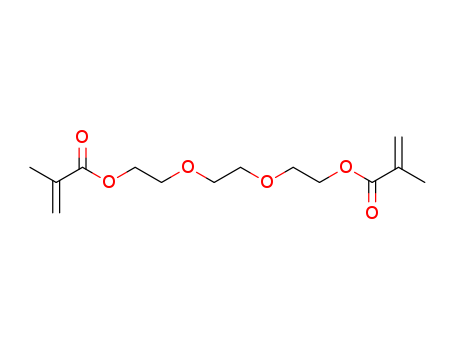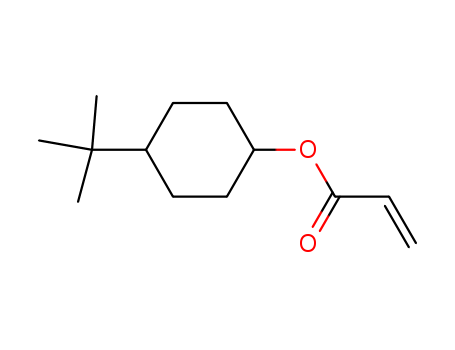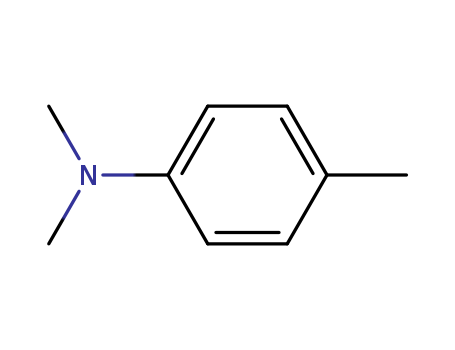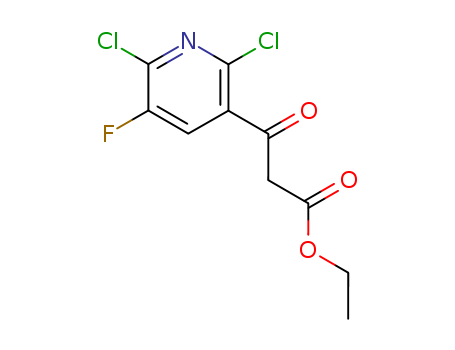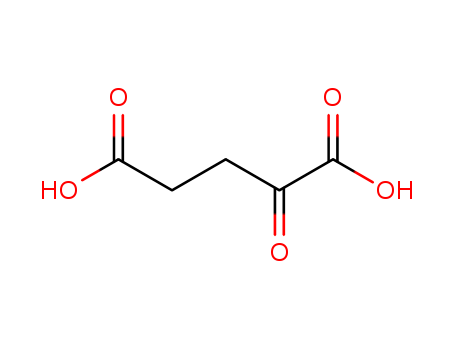
328-50-7
- Product Name:2-Ketoglutaric acid
- Molecular Formula:C5H6O5
- Purity:99%
- Molecular Weight:146.1
Product Details
Factory supply good quality 2-Ketoglutaric acid 328-50-7 with stock
- Molecular Formula:C5H6O5
- Molecular Weight:146.1
- Appearance/Colour:crystalline
- Vapor Pressure:6.5E-05mmHg at 25°C
- Melting Point:113-115 °C
- Refractive Index:1.544
- Boiling Point:345.6 °C at 760 mmHg
- PKA:2.47(at 25℃)
- Flash Point:177 °C
- PSA:91.67000
- Density:1.499 g/cm3
- LogP:-0.49510
2-Ketoglutaric acid(Cas 328-50-7) Usage
|
Preparation |
Synthesis of α-ketoglutaric acid: 225 g of triethyl nitrilotricarboxylate and 600 ml of concentrated hydrochloric acid were mixed and left to pass through. It was concentrated by distillation to 140°C, and the residue was crystallized by cooling to obtain 110-112 g of α-ketoglutaric acid with a yield of 92-93%. |
|
Flammability and Explosibility |
Notclassified |
|
Purification Methods |
Crystallise the keto-acid repeatedly from Me2CO/*benzene, EtOAc or ethyl propionate. Dry it in vacuo.[Beilstein 3 IV 1813.] |
|
Definition |
ChEBI: 2-oxoglutaric acid is an oxo dicarboxylic acid that consists of glutaric acid bearing an oxo substituent at position 2. It is an intermediate metabolite in Krebs cycle. It has a role as a fundamental metabolite. It derives from a glutaric acid. It is a conjugate acid of a 2-oxoglutarate(1-). |
|
Application |
2-Ketoglutaric acid is a derivative of glutaric acid. It plays an important role in the metabolism of microbial cells and It acts as precursor for the synthesis of amino acids and nucleotides. α-ketoglutaric acid along with L-arginine can undergo reduction with sodium cyanoborohydride to form the diastereomers, nopaline and isonopaline. α-ketoglutaric acid can be prepared in 1:1 and 2:1 L-arginine alpha-ketoglutarate for sports nutrition. mainly as an ingredient in sports nutrition drinks. |
|
General Description |
2-Ketoglutaric acid is a 2-oxocarboxylic acid (2-OCA), one of the important intermediates in the Krebs cycle, after isocitrate and before succinyl CoA. It is an important nitrogen transporter and is transaminate along with glutamine to form glutamate. It can be used to differentiate microorganisms based on metabolic properties. It also possesses metabolic properties, decreasing the level of hydrogen peroxide in cell culture. |
|
Biotechnological Applications |
a-Ketoglutaric acid is an intermediate of the tricarboxylic acid cycle and the main compound of amino acid and protein metabolism. This organic acid could be used as building-block chemical for the chemical synthesis of heterocycles, dietary supplement, component of infusion solutions, and wound healing compounds (Otto et al. 2013). |
InChI:InChI:1S/C5H6O5/c6-3(5(9)10)1-2-4(7)8/h1-2H2,(H,7,8)(H,9,10)
328-50-7 Relevant articles
-
Clutterbuck
, p. 519 (1927)
-
Coupling between D-3-phosphoglycerate dehydrogenase and D-2-hydroxyglutarate dehydrogenase drives bacterial L-serine synthesis
Zhang, Wen,Zhang, Manman,Gao, Chao,Zhang, Yipeng,Ge, Yongsheng,Guo, Shiting,Guo, Xiaoting,Zhou, Zikang,Liu, Qiuyuan,Zhang, Yingxin,Ma, Cuiqing,Tao, Fei,Xu, Ping
, p. E7574 - E7582 (2017)
L-Serine biosynthesis, a crucial metabol...
-
Ikawa,Snell
, p. 653 (1954)
-
Microbial formation of α ketoglutaric acid from D xylonic acid
Ohsugi,Takahashi
, p. 1257 - 1258 (1976)
-
Integrating error-prone PCR and DNA shuffling as an effective molecular evolution strategy for the production of α-ketoglutaric acid by l-amino acid deaminase
Hossain, Gazi Sakir,Shin, Hyun-Dong,Li, Jianghua,Wang, Miao,Du, Guocheng,Liu, Long,Chen, Jian
, p. 46149 - 46158 (2016)
l-Amino acid deaminases (LAADs; EC 1.4.3...
A new l-arginine oxidase engineered from l-glutamate oxidase
Yano, Yoshika,Matsuo, Shinsaku,Ito, Nanako,Tamura, Takashi,Kusakabe, Hitoshi,Inagaki, Kenji,Imada, Katsumi
, p. 1044 - 1055 (2021/04/14)
The alternation of substrate specificity...
From a dimer to a monomer: Construction of a chimeric monomeric isocitrate dehydrogenase
Tian, Changqing,Wen, Bin,Bian, Mingjie,Jin, Mingming,Wang, Peng,Xu, Lei,Zhu, Guoping
, p. 2396 - 2407 (2021/10/29)
Many isocitrate dehydrogenases (IDHs) ar...
Enhanced nonradical catalytic oxidation by encapsulating cobalt into nitrogen doped graphene: highlight on interfacial interactions
Yu, Xiaoyong,Wang, Lijing,Wang, Xin,Liu, Hongzhi,Wang, Ziyuan,Huang, Yixuan,Shan, Guoqiang,Wang, Weichao,Zhu, Lingyan
supporting information, p. 7198 - 7207 (2021/03/29)
Supported metal catalysts are widely use...
METHODS FOR IMPROVING YIELDS OF L-GLUFOSINATE
-
Page/Page column 3; 33, (2020/03/29)
Compositions and methods for the product...
328-50-7 Process route
-
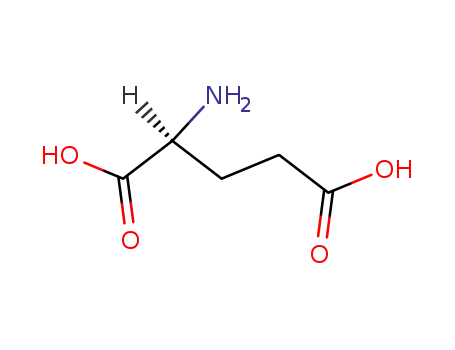
-
56-86-0,21675-62-7,23009-64-5,25104-13-6,84960-48-5,25513-46-6
L-glutamic acid

-
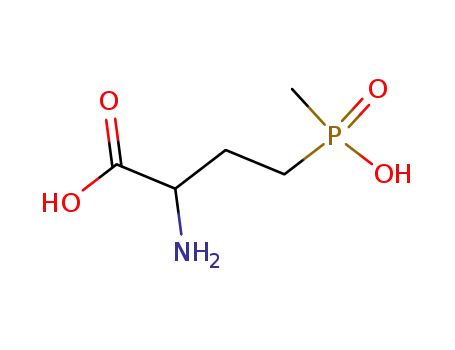
-
51276-47-2,53369-07-6
DL-homoalanin-4-yl(methyl)phosphinic acid

-
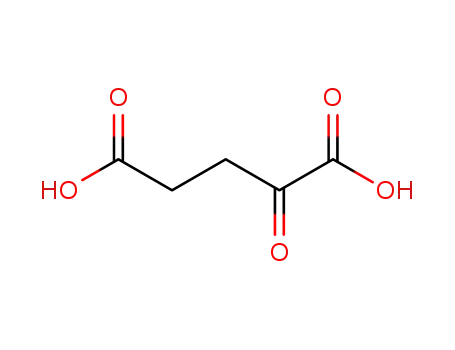
-
328-50-7
α-ketoglutaric acid

-
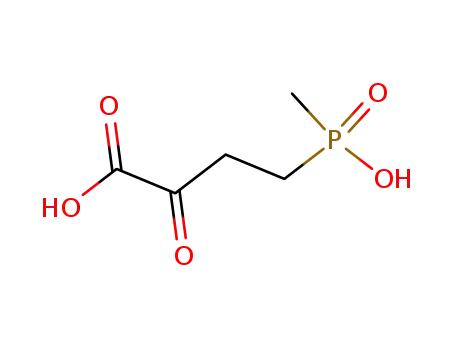
-
79778-02-2
4-(hydroxymethylphosphinyl)-2-oxobutanoic acid

-
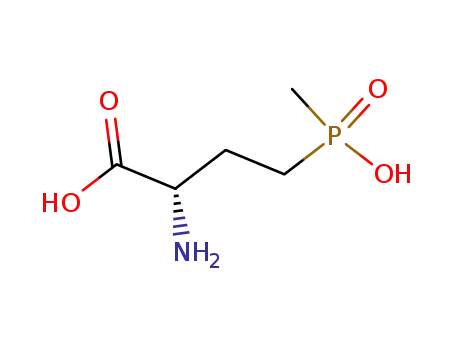
-
35597-44-5,53369-07-6
L-phosphinothricin
| Conditions | Yield |
|---|---|
|
With
magnesium(II) chloride hexahydrate; pyridoxal 5'-phosphate; E.coli gabT transaminase E211S mutant; thiamine diphosphate; sodium hydroxide;
In
aq. phosphate buffer;
at 30 ℃;
for 22.5h;
pH=Ca.7.5;
Enzymatic reaction;
|
-
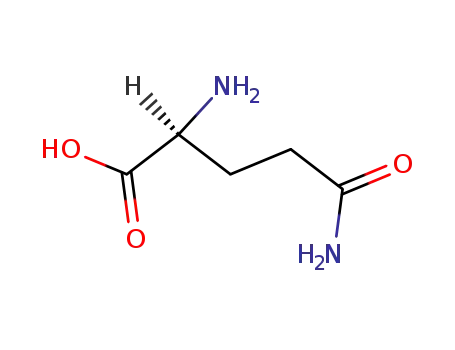
-
56-85-9,26700-71-0
L-glutamine

-

-
328-50-7
α-ketoglutaric acid

-
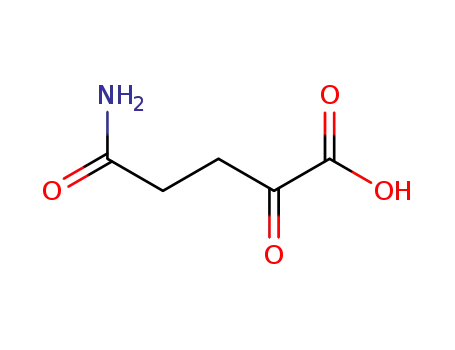
-
18465-19-5
2-keto-glutaramic acid
| Conditions | Yield |
|---|---|
|
enzymatische Reaktion mit 2-Oxo-carbonsaeuren;
|
328-50-7 Upstream products
-
67-56-1

methanol
-
116529-76-1
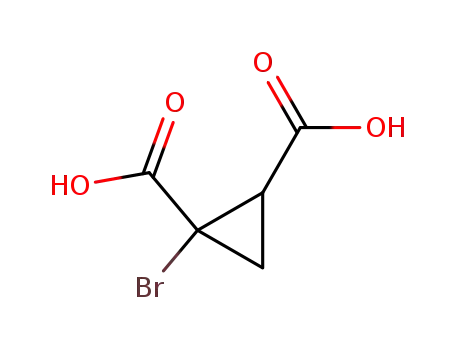
1-bromo-cyclopropane-1,2-dicarboxylic acid
-
861317-67-1
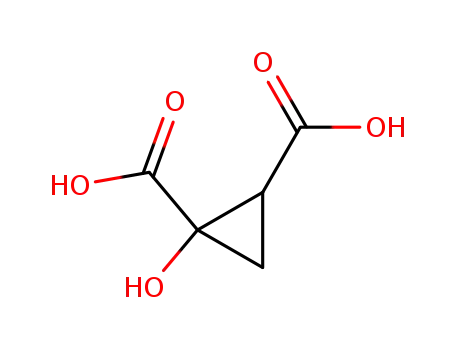
1-hydroxy-cyclopropane-1,2-dicarboxylic acid
-
56-85-9

L-glutamine
328-50-7 Downstream products
-
1152-31-4
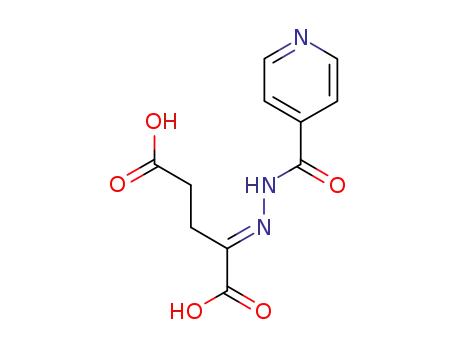
2-Oxo-glutarsaeure-isonicotinoylhydrazon
-
541-50-4

2-acetoacetic acid
-
56-86-0

L-glutamic acid
-
127-17-3
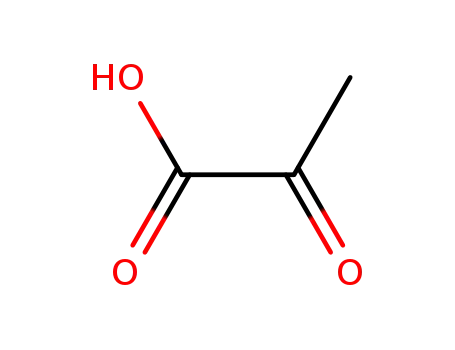
2-oxo-propionic acid
Relevant Products
-
Ethoxylated trimethylolpropane triacrylate
CAS:28961-43-5
-
Ethyl 2,6-dichloro-5-fluoro-pyridine-3-acetoacetate
CAS:96568-04-6
-
5-Oxa-2-octyne-1,7-diol
CAS:1606-79-7


